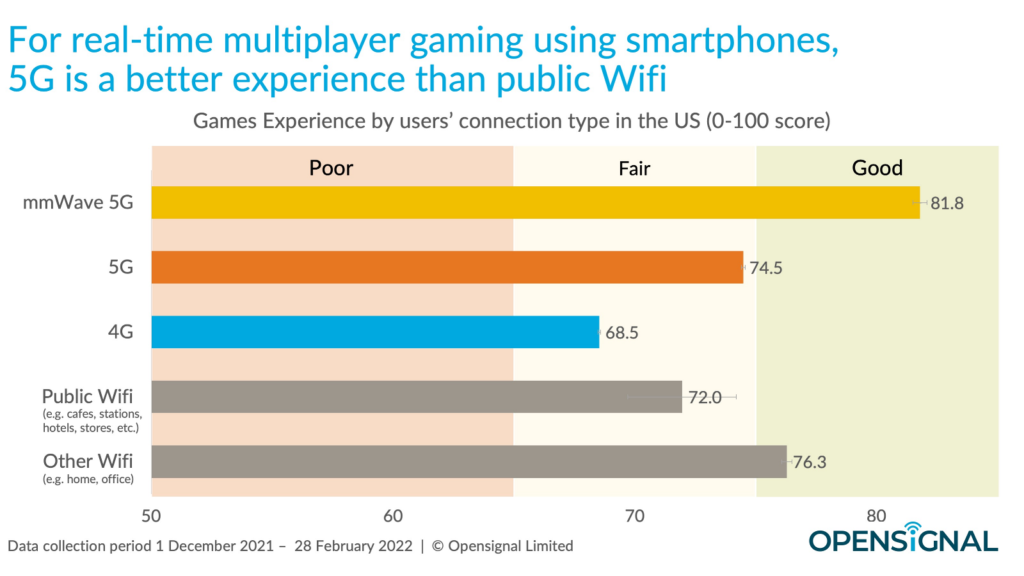The Rise of AR Glasses: Will Meta’s Orion Replace Smartphones?
As wearable technology continues to evolve, augmented reality glasses are gaining popularity among consumers. Meta recently unveiled Orion, their latest AR glasses prototype, which promises to revolutionize the way we interact with technology.
Mark Zuckerberg, Meta’s CEO, has hailed Orion as “the most advanced glasses the world has ever seen,” suggesting that smart glasses could eventually replace smartphones as the primary mode of communication.
A Look Back at AR Technology
The concept of augmented reality glasses is not new, with pioneers like Ivan Sutherland and Stephen Mann laying the foundation for this technology decades ago. Despite early setbacks, companies like Google, Microsoft, Apple, and Meta have continued to refine and develop AR glasses.
Meta’s Orion stands out for its miniaturized technology, holographic displays, and integrated smart assistant. These features make AR glasses more user-friendly and open up new possibilities for human-computer interactions.
Challenges and Opportunities
While AR glasses hold immense potential, they also face several challenges, including comfort, privacy concerns, battery life, and social acceptance. Meta will need to address these issues to ensure widespread adoption of Orion.
Building a digital platform around Orion will be crucial for expanding its applications in education, remote work, and collaboration tools. The hands-free nature of AR glasses allows for seamless integration of digital content into the real world, enhancing communication and productivity.
The Future of AR Glasses
As Meta prepares to launch Orion for the general public, the possibilities for AR glasses are endless. With advancements in AI and virtual reality, AR glasses could reshape how we interact with technology and the world around us.
While the potential benefits of AR glasses are promising, their true impact remains to be seen. Companies like Meta will need to navigate the challenges and opportunities of this emerging technology to ensure its success.
This article is republished from The Conversation under a Creative Commons license. Read the original article.
Image Credit: Meta



